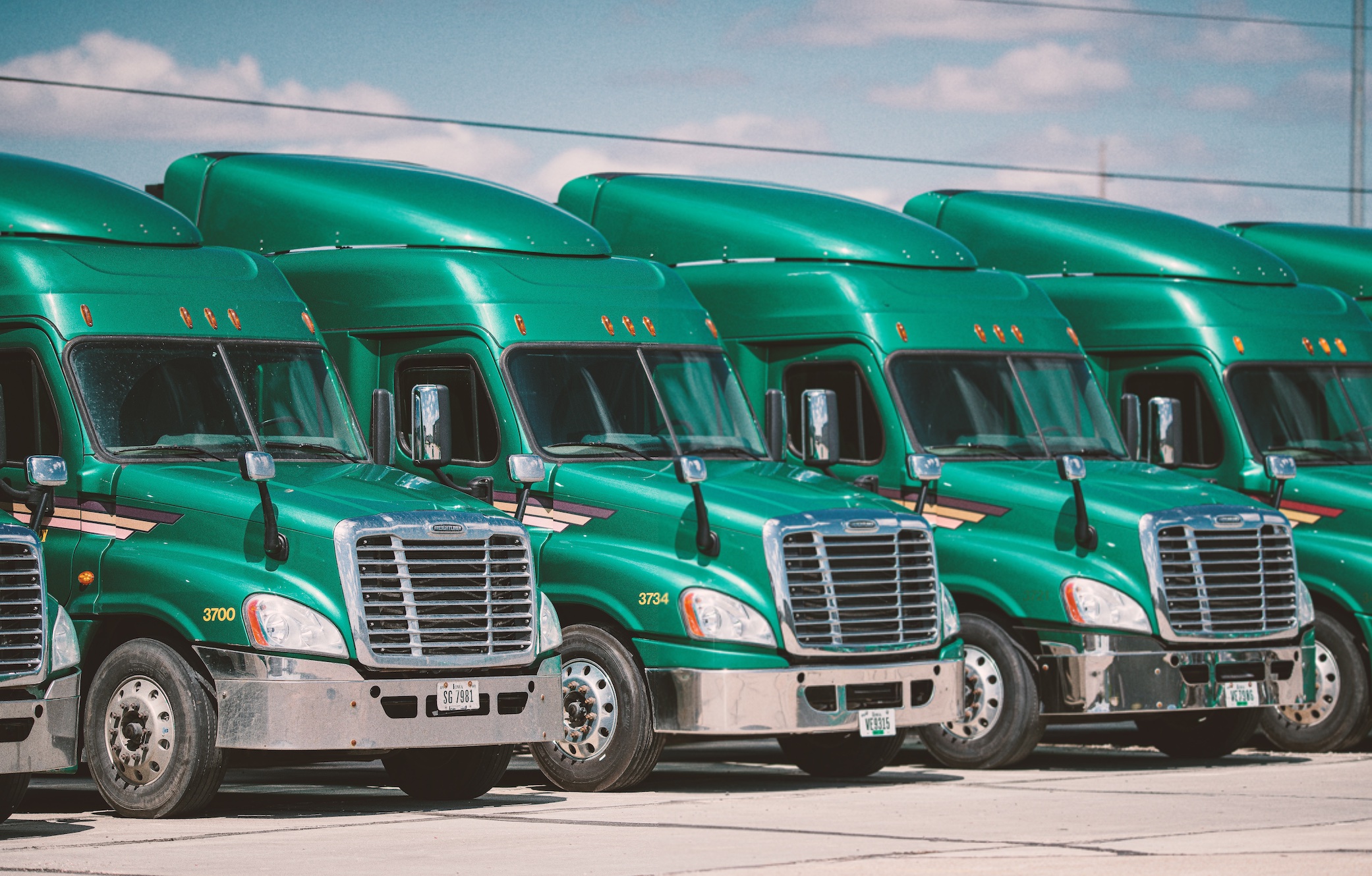As you navigate the aftermath of a truck accident, it’s vital to understand the intricate interplay between liability, compensation, and legal procedures.
The aftermath of a truck accident can be daunting. The physical injuries, emotional trauma, and the disruption to your life can be overwhelming. However, understanding the compensation available can help alleviate some of the financial burdens you might face.
In such situations, a personal injury lawyer can be invaluable in ensuring you receive the compensation you deserve. But before tackling the importance of legal intervention, understanding compensation in truck accident cases is paramount.
This article will delve into everything you need to know about truck accident-related compensation.
- The Complexity Of Truck Accidents
To start, it’s essential to grasp why truck accidents can be more complex than regular vehicular accidents. They differ from typical car accidents in several ways. For instance, consider a scenario where a commercial truck’s brakes fail because they weren’t properly maintained. The subsequent accident could implicate the driver, the trucking company for inadequate maintenance, the brake manufacturer for potential defects, and even the cargo loaders if improperly loaded cargo exacerbated the situation.
The multiple parties potentially involved make pinpointing liability challenging, which can significantly affect the amount of compensation you’ll receive. The sheer scale and mass of trucks also mean that the damage they cause—both to property and humans—tends to be more severe.
- Types of Damages In Truck Accident Cases
There are different types of damages in truck accident cases. These include:
- Medical Expenses: Medical bills are one of the most significant costs for accident victims. Compensation can cover past, current, and future medical expenses, including surgeries, rehabilitation, and any ongoing care required. For example, if you’re a truck accident victim, you might have incurred immediate costs like ambulance fees, emergency room treatment, and surgery. But your medical journey doesn’t end there. Months of physical therapy, follow-up appointments, and medications add to the financial burden. Overall, compensation seeks to cover these extensive medical costs.
- Lost Wages: If the injury has caused you to miss work or rendered you incapable of working in the future, you can seek compensation for lost wages and diminished earning capacity.
- Pain and Suffering: Beyond physical pain, victims often grapple with trauma, anxiety, and depression after such accidents. For instance, after a traumatic truck accident, you might develop a phobia of driving, which can severely impact your daily life.
- Property Damage: If a personal vehicle was involved and damaged in the accident, you can seek compensation for repairs or replacement. For example, imagine if your brand-new car was totaled in a truck accident, the compensation can address the repair or replacement costs of your vehicle.
- Loss of Consortium: In some cases, if the injury negatively impacts the relationship between the injured party and their spouse, compensation for loss of consortium can be pursued. For instance, if your injuries from a truck accident negatively impact your relationship with your spouse, hindering your emotional and physical connection, you might claim compensation for this intangible yet significant loss.
- Punitive Damages: In instances where the truck driver’s or company’s behavior was particularly reckless or negligent, punitive damages might be awarded as a form of punishment and deterrence. For example, when a trucking company knowingly allowed a driver with multiple DUIs to operate, and this driver subsequently caused an accident, the company might face punitive damages for its egregious negligence.
Knowing the types of damages in truck accident cases is important. It helps you understand what losses you may be entitled to recover. Additionally, it aids in negotiating a fair settlement with the insurance company
- Factors Affecting Compensation

Grey scale photo of man covering his face with hands; image by Daniel Reche, via Pexels.com.
When you’re involved in a truck accident, many factors can affect the amount of compensation you receive. These include:
- Severity of the Injury: As expected, the more severe the injury, the higher the potential compensation. Permanent disabilities, disfigurement, or long-term health complications can increase the value of a claim. For instance, if you suffer a spinal injury leading to paralysis, you might receive a more substantial settlement than someone with a temporary injury like a sprained wrist.
- The Role of Comparative Fault: Some states follow a comparative fault system, which reduces the compensation based on the victim’s percentage of fault. For instance, if you’re found to be 10% at fault, your compensation may be reduced by that percentage.
- Evidence Presented: Solid evidence can significantly bolster a claim. This can range from medical records and witness testimonies to photographs and videos of the accident scene. For example, if you can present photos showing the driver’s erratic lane changes before the accident, you can strengthen your claim.
- The Defendant’s Financial Resources: The defendant’s financial standing can also play a role. For instance, a trucking company with substantial assets can pay out larger settlements than an independent trucker.
Knowing the types of damages in truck accident cases is crucial. This understanding aids in grasping potential losses and in negotiating a fair settlement with insurance companies.
- The Role Of Insurance Companies
Insurance companies play a pivotal role in truck accident cases. These companies, often representing the trucking company, typically aim to minimize the compensation paid out. They might use various tactics, such as offering a quick but inadequate settlement or trying to shift blame onto the victim.
Therefore, when dealing with insurance companies, it’s vital to proceed with caution and to be well-informed of your rights. This is where legal representation can be particularly beneficial.
- The Importance Of Prompt Action
Timely action is crucial after a truck accident. Each state has a statute of limitations that dictates the timeframe within which a lawsuit can be filed. Missing this window can bar you from seeking compensation entirely.
Moreover, as time progresses, evidence can become lost or less reliable, and witnesses’ recollections might become less vivid. Hence, initiating the legal process as soon as possible can be advantageous.
Conclusion
As you navigate the aftermath of a truck accident, it’s vital to understand the intricate interplay between liability, compensation, and legal procedures. Armed with the right knowledge and supported by skilled representation, you can better seek the justice and compensation you rightfully deserve.


Join the conversation!